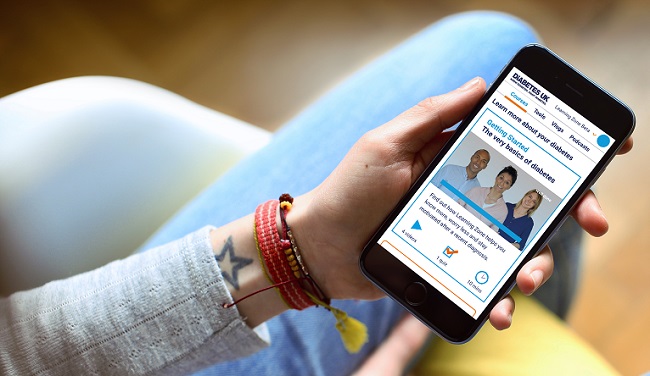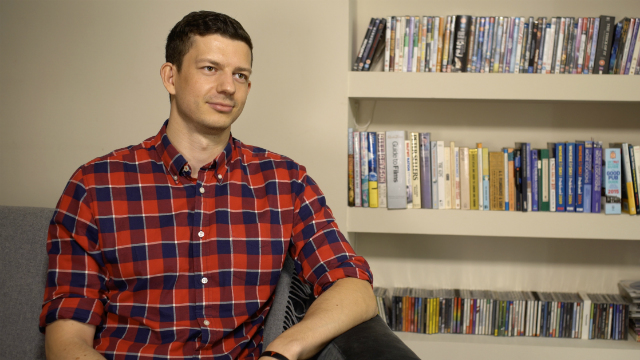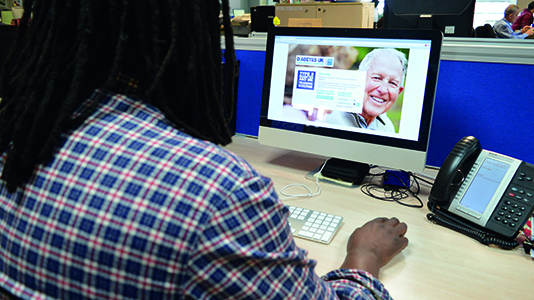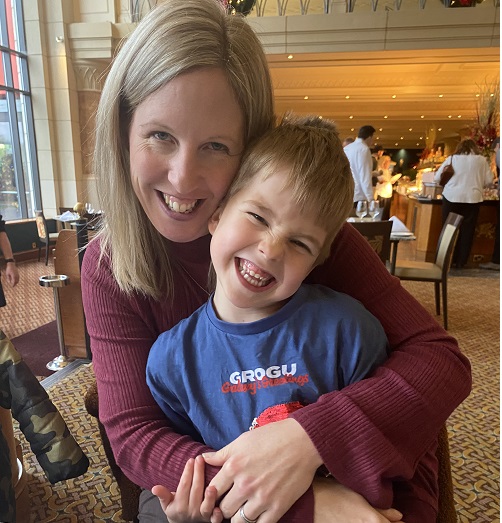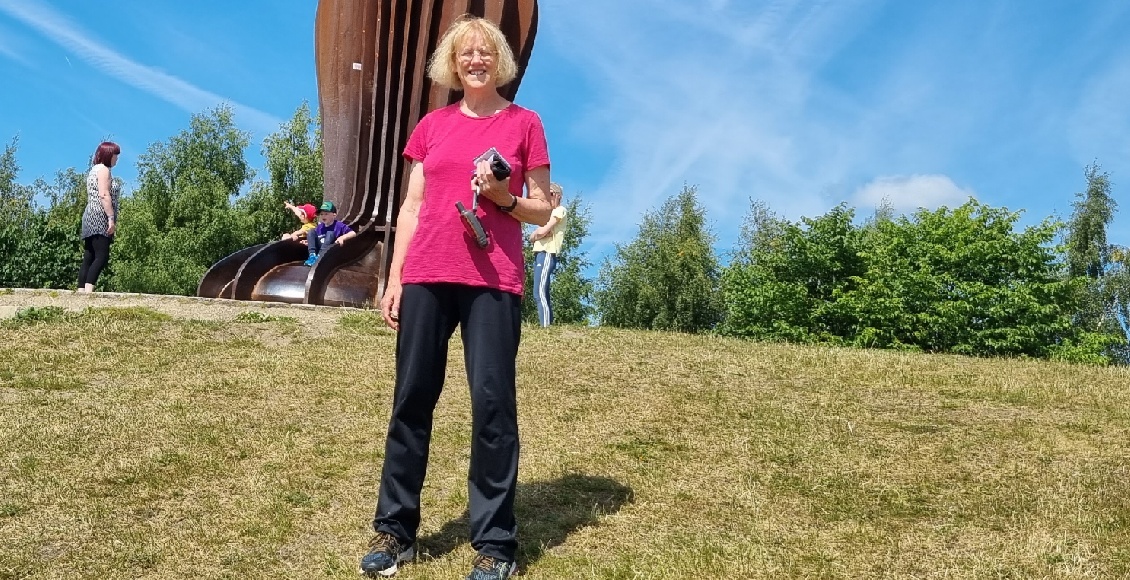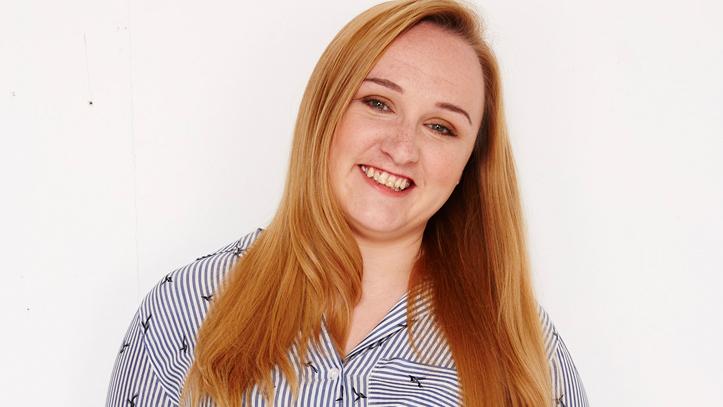
Lynsey Choules
Diagnosed in early teens in 1999.
I’m constantly still thinking about my weight but I don’t miss my insulin any more. I consider myself recovered from diabuilmia.
Lynsey began to struggle with the emotional impact of living with type 1 diabetes in her early teens. Within a few years, she wasn’t taking enough insulin or testing her blood sugar levels regularly. She shares her experience of diabulimia and explains why there's a need for better mental health support for young people.
